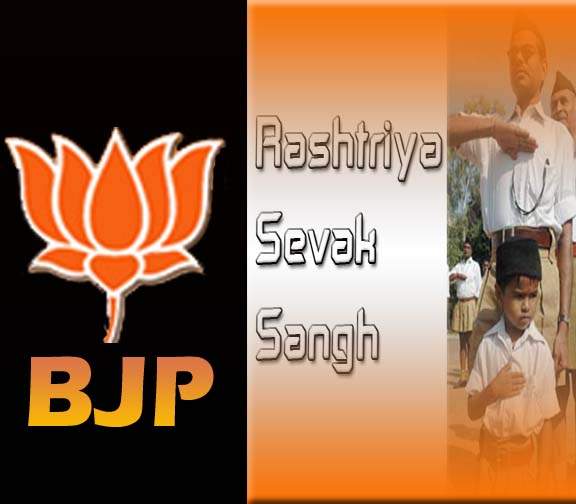Naroda Case: Kodnani, Bajrangi Get Life Term

PTI | Ahmedabad | Aug 31, 2012
A Special Court today awarded life imprisonment to BJP MLA Maya Kodnani, Bajrang Dal leader Babu Bajrangi and 29 other convicts for the 2002 riots here at Naroda Patiya where 97 people were brutally killed.
The Court named Kodnani, a sitting MLA and former Gujarat Minister, as “a kingpin of riots” in Naroda area and sentenced her to 18-year life imprisonment after serving 10 years jail term under IPC Section 326 (voluntary causing grievous hurt by dangerous weapons or means).
Bajrangi, another high profile accused, will have to spend his entire remaining life behind bars, it said and described communal violence as “cancer”.
Seven other convicts were given jail term of 21 years by Additional Principal Judge Jyotsna Yagnik. They will also have to first serve 10-year imprisonment under Section 326.
The remaining 22 convicts were given simple life imprisonment (14 years).
The Court had on Wednesday convicted 32 and acquitted 29 persons in the worst riots case in the aftermath of the Godhra train carnage. It did not pronounce sentence against one accused who is absconding.
“Communal riots are like cancer on Constitutional secularism and the incident in Naroda Patiya was a black chapter in the history of the Indian Constitution,” the Judge observed.
“Acts of communal violence are brutal, inhuman and shameful. It (Naroda) was a clear incident of human rights violation as 97 people were killed brutally within a day which included helpless women, children, aged persons. The climax of this inhuman and brutal act of violence was reflected in murder of an infant, who was 20-day old,” the Court noted.
The Judge accepted that one victim, who was also a witness, was gang raped, but due to lack of evidence, the court has not charged anybody for that offence.
However, the court directed the Gujarat Government to pay Rs 5 lakh as compensation to the victim.
Rejecting the defence theory that the communal violence was a reaction to the Godhra carnage, the court said, “This was a pre-planned conspiracy and it cannot be mitigated just by saying it was a reaction of Godhra train burning incident. Nobody can be allowed to take law into their hands because India is a country that upholds rule of law.”
The Court’s inclination was against awarding death penalty in the case.
“Death penalty brings justice and it is desirable to reduce the crime in the society but this court cannot overlook the global trend prevalent in recent years. By 2009, 139 countries had repealed death sentence and there is a global campaign against death penally and progressive societies are advocating for restricting death penalty and this court believes use of death undermines human dignity.”
Regarding Kodnani, the court observed that she was the “kingpin of entire riots” that took place in Naroda Patiya area. She led the mob and incited them for violence. She abetted and supported the violent mob, it said.
Kodanai, who was MLA of Naroda at the time of riots, was made Minister of State for Women and Child Development in 2007 in the Narendra Modi Government. She had to resign after she was arrested in the case in March 2009.
The three-time legislator, who was considered close to Chief Minister Narendra Modi, is the first woman to be convicted in a post-Godhra riots case. Kodnani, who was present in the court, broke down after she was sentenced.
The massacre had taken place a day after the Godhra train burning incident of February 27, 2002.
On February 28, 2002, the Vishwa Hindu Parishad (VHP) had called a state-wide bandh to protest against the Godhra train carnage. On that a large crowd gathered in Naroda Patiya area in Ahmedabad and attacked people belonging to minority community, resulting in the death of 97 people and injury to 33 others.
Related articles
- Former Gujarat minister, 31 others convicted in Naroda-Patiya case (kractivist.wordpress.com)
- Babu Bajrang Dal had only MURDER on his mind- Gujarat Riots 2002 #mustread (kractivist.wordpress.com)
- Naroda Patiya riots: BJP MLA Maya Kodnani sentenced to 28 yrs in jail, Babu … – Indian Express (indianexpress.com)
- Naroda Patiya case verdict: 32 convicted, 29 acquitted #Narendramodi #Gujarat (kractivist.wordpress.com)

















